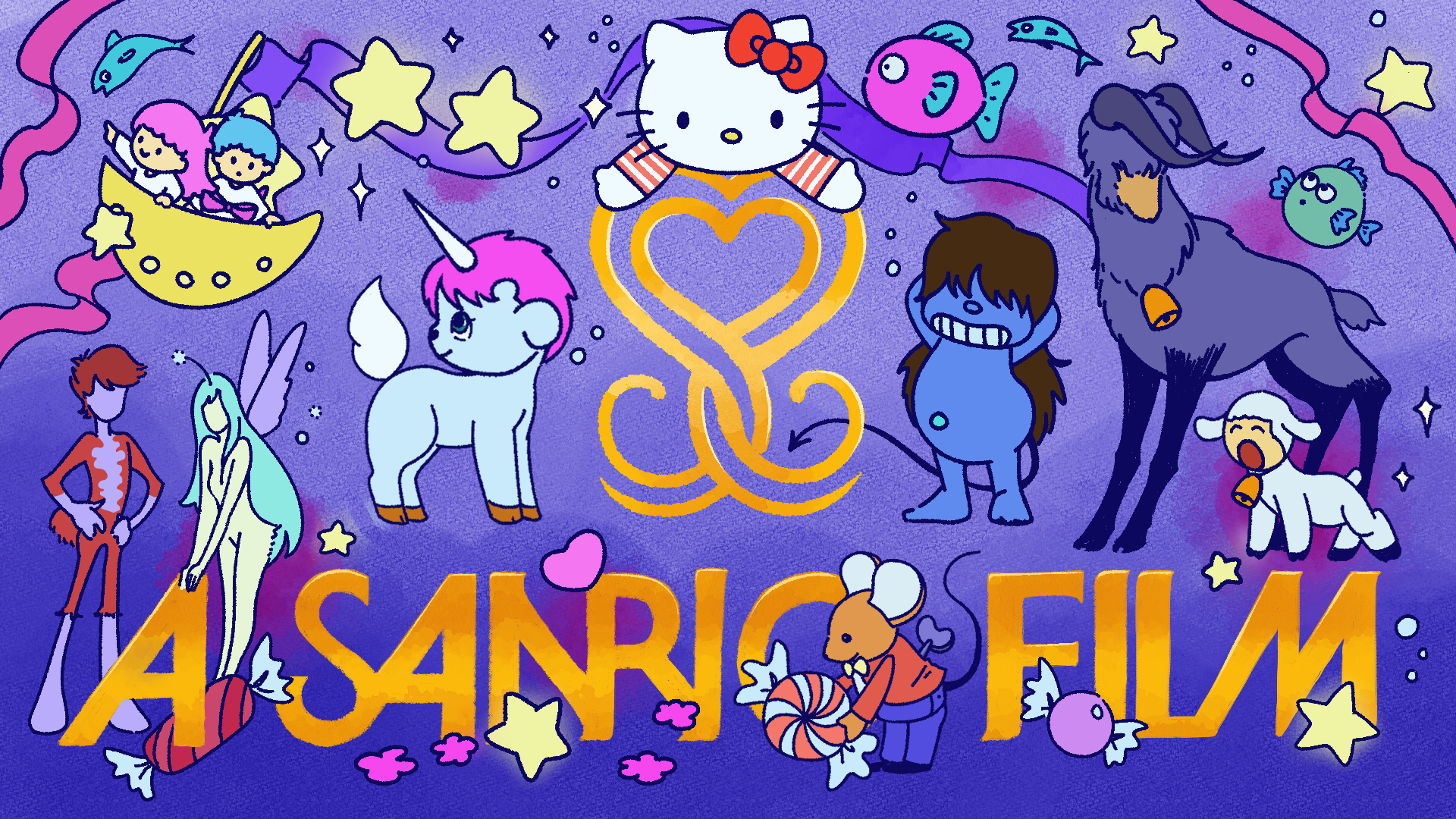I think one of the things that completely broke the film's potential was that they wanted to include so many contradictory concepts and tropes and couldn't make the hard choices. Queen Amaya remaining queen after her husband is deposed, despite her being complicit in his reign, is a great example of this: "If a new system replaces the old one, then we can't have a pretty queen and kingdom anymore, and that's not Disney!" King Magnifico has a sympathetic backstory and understandable, if self-centered motivations BUT by having him be possessed by the seriously-unbreakable-you-guys Forbidden Book, no one has to feel guilty about abandoning him to his fate or not trying to redeem him, cuz he's totally evil like people said they wanted Disney villains to be! Everybody will get to realize their own wishes themselves now BUT Asha gets a magical wand so she can...grant wishes for other people, by her choice. Because you should "Just keep wishing" instead of doing things under your own power!The thing with this film that is so unusual, though, is that I suspect that wasn't the intent of the filmmakers.
And so on, and so forth, and that absolutely feeds into all the oddball but plausible interpretations of the film. Some reviewers (the A.V. Club's probably put it most elegantly) think that Asha was supposed to represent the Walt Disney Company itself, liberating the dreams of the people so everyone could realize them (and the filmmakers did say she was inspired by Walt the person), but they found it hard not to see Magnifico as the analogue to the company as it currently stands - it takes other people's creations and dreams (Pixar, The Muppets, Lucasfilm, etc.), selectively realizes them in often disappointing ways, and keeps stringing along a worshipful public.

